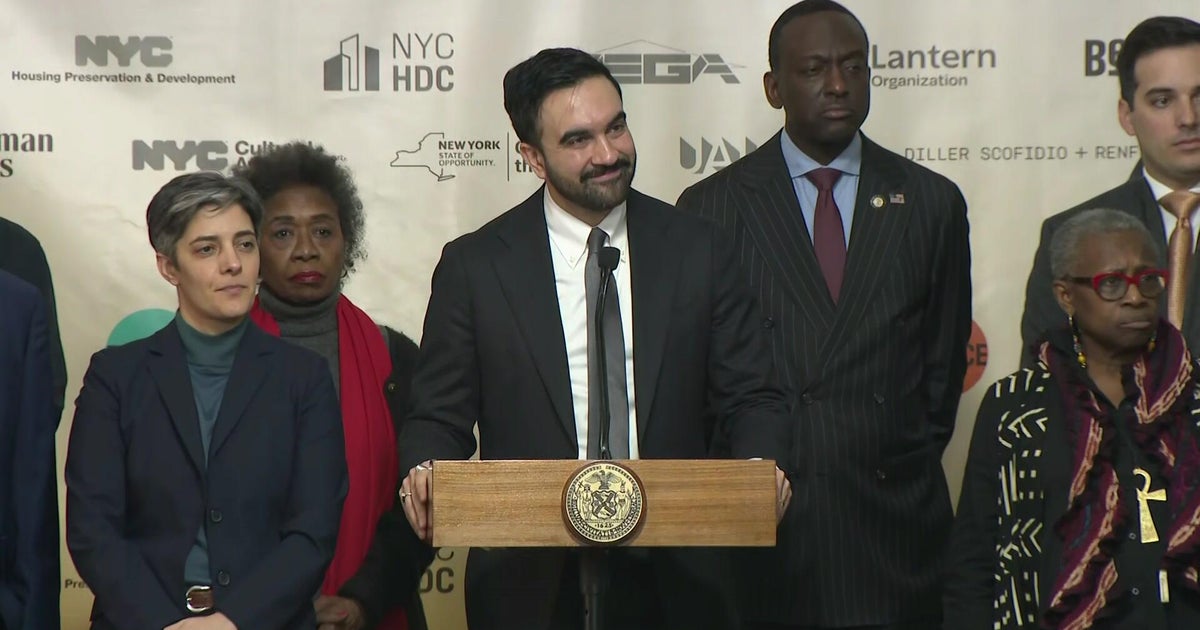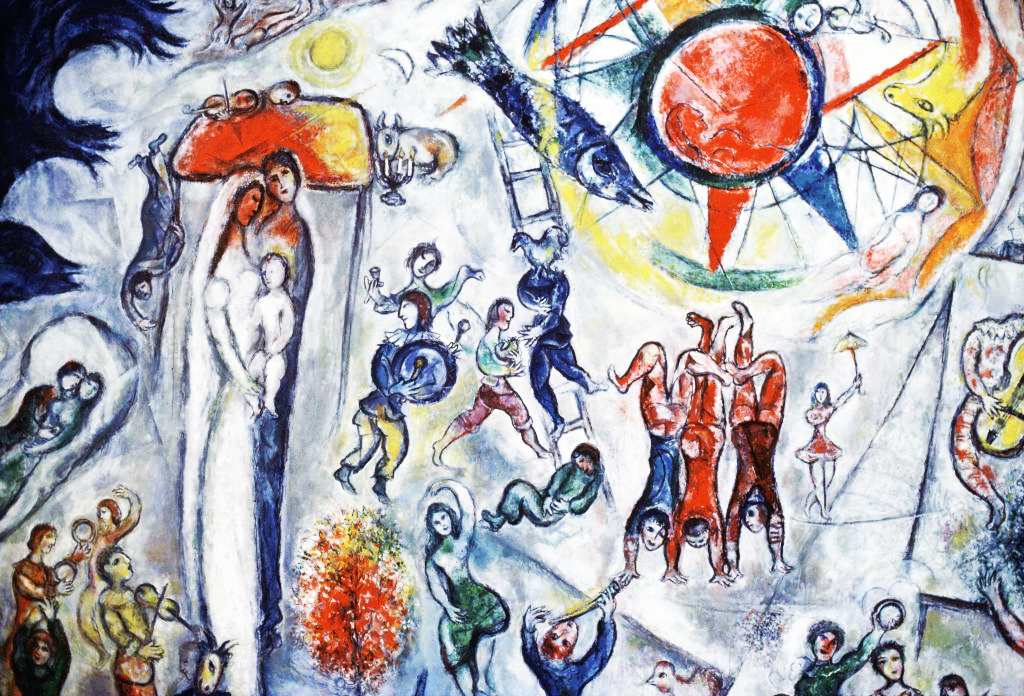World of Worship: How whirling dervishes use spinning to connect with God
In our series World of Worship, we're exploring different ways people practice faith and religion around the globe. In this installment, we go on a journey to Konya, Turkey, to witness some Sufi Muslims' unique form of prayer.
Sufi Muslims are famous for their spiritualism, tolerance — and whirling. The whirling dervishes are followers of a school of Islamic practice who engage in a form of prayer that requires the faithful to spin until they've reached a kind of religious ecstasy.
Most dervishes are men, but women and even non-Muslims can whirl, CBS News correspondent Holly Williams reports.
"The music goes faster and faster and you listen to that music and that rhythm, and you spin faster and in that moment you cannot control around you — you don't know where is right and where is left. You're non existence in this world," Dervish Mehmet Mithat Ozcakil, a third generation Dervish, told Williams. "... You want to be with God."
Once a year, thousands of Sufi Muslims make the pilgrimage to Konya, Turkey, to visit the shrine of the most famous whirler of all: the poet Rumi.
Rumi lived in Konya during the 13th century, but nearly eight centuries later, his poems are still best sellers, including in the United States.
Today, pilgrims come from all over the world to visit Rumi's shrine.
"I don't have to pretend to be anything that I'm not, and nobody's judging me for it," said Hafsa Mitha, a pilgrim visiting from England.
Mitha told Williams that Sufi Islam is very different from the type of Islam that she practiced growing up.
"Here it's more about your heart, and who you are and your humanity, your compassion, not that — you know the Islam I grew up with taught me all of those things — but not with — probably more with fear than with love."
Rumi and the Whirling Dervishes are now an industry in Konya. Trinkets of the twirling worshipers are sold, and tourists strike poses in front of Dervish statues. The Dervishes say they're happy for any opportunity to spread their message.
"Rumi has a famous quotation: 'Come, come whoever you are, your religion is not important,'" Mehmet told Williams. "The Dervishes, the Sufi style, the most important thing is your heart."



